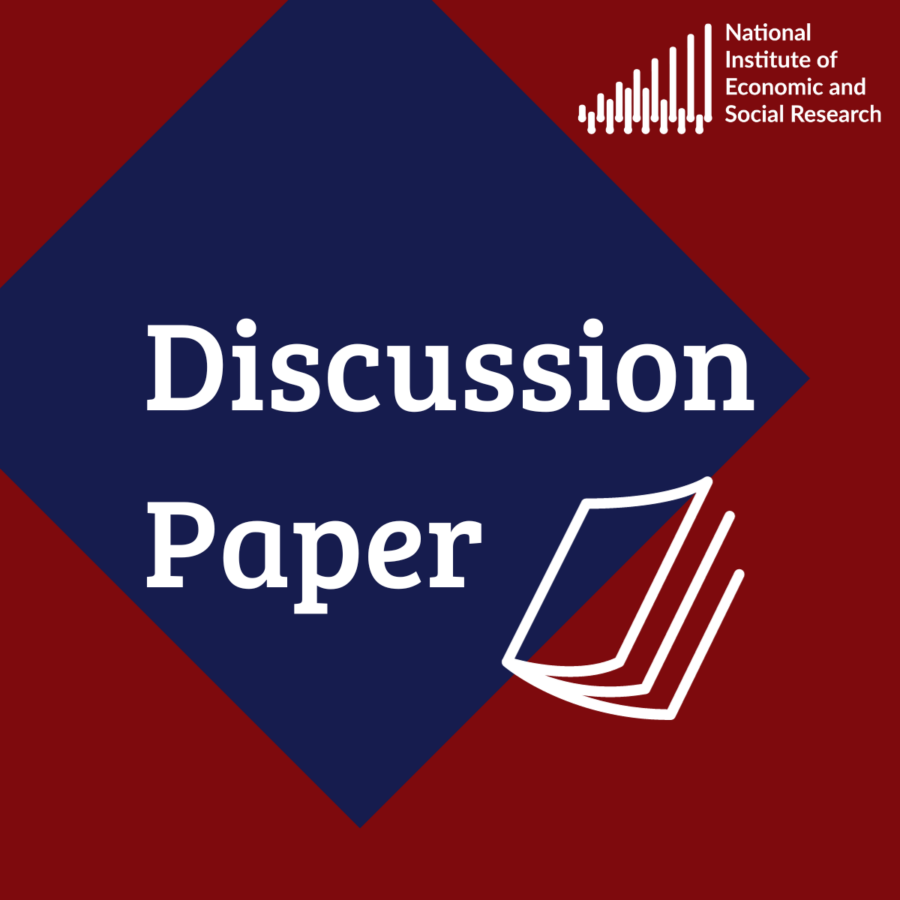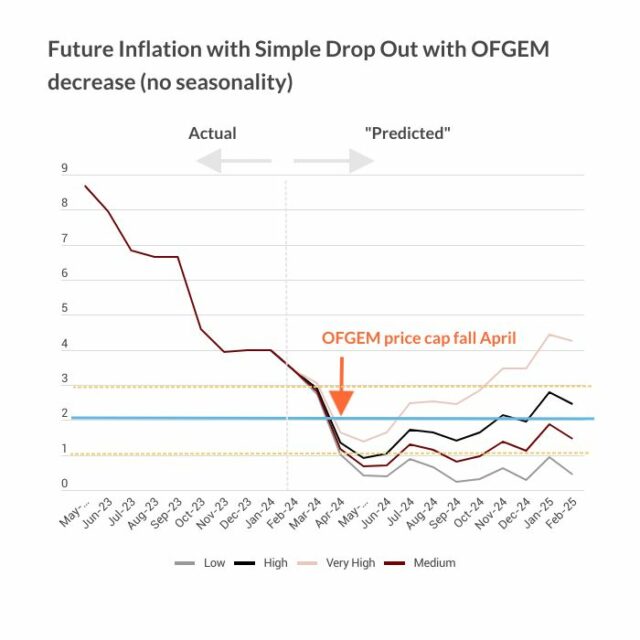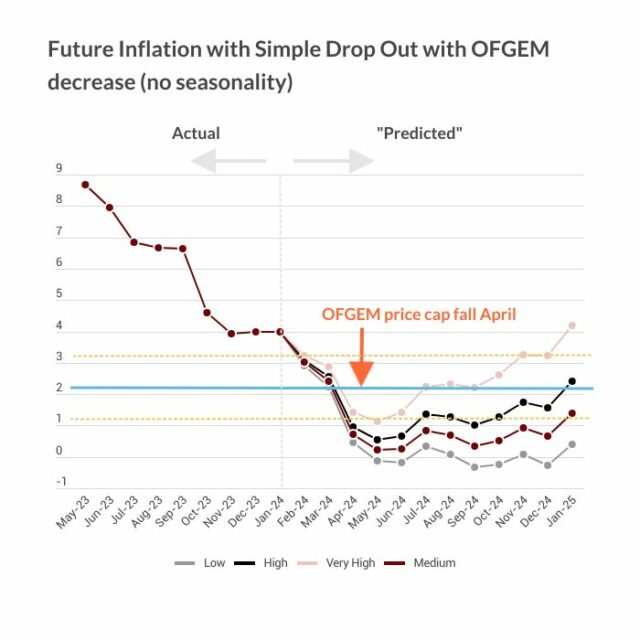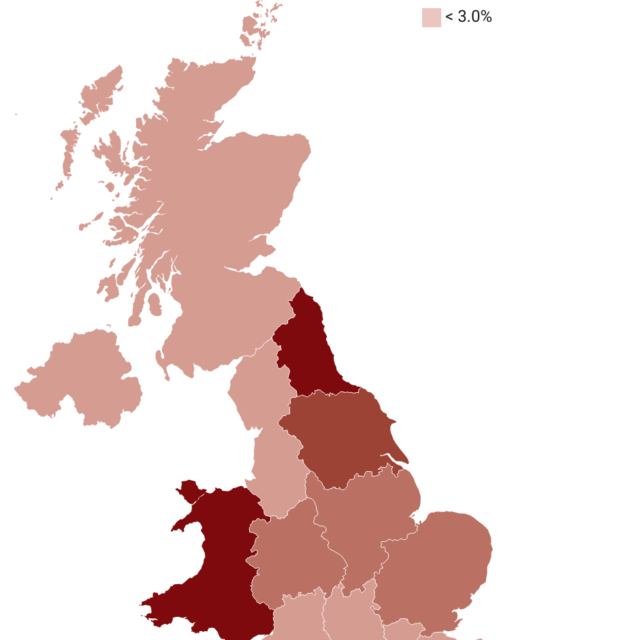- Home
- Publications
- Modelling The Long-run Economic Impact Of Leaving The European Union
Modelling the long-run economic impact of leaving the European Union
 Pub. Date
Pub. Date
 Pub. Type
Pub. Type

We model the long-term implications of leaving the EU for the UK economy using NiGEM, the National Institute’s large scale structural global econometric model. We examine a scenario in which the UK has no free trade agreement with the EU, focusing on four key shocks: a permanent reduction in the size of the UK's export market share in EU member countries, an increase in tariffs, a permanent reduction in inward FDI flows and the repatriation of the UK’s projected net contributions to the EU budget. We calibrate the size of the shocks on a synthesis of the academic evidence. We explain how each of these four shocks is implemented in NiGEM, as well as examining the key mechanisms by which they are propagated through the model. The export market share channel is the main mechanism by which leaving the EU leads to declines in GDP and consumption relative to the long-run baseline, accounting for a long-run decline in GDP of 2.1% relative to the baseline value, out of a total projected reduction in GDP relative to the baseline of 2.7%.
Related Blog Posts



What is the Current State of the UK Economy?
Paula Bejarano Carbo
Stephen Millard
26 Feb 2024
7 min read

Related Projects
Related News


Why it’s not worth worrying that the UK has technically entered a recession
26 Feb 2024
4 min read

1.2 million UK Households Insolvent This Year as a Direct Result of Higher Mortgage Repayments
22 Jun 2023
2 min read

The Key Steps to Ensuring Normal Service is Quickly Resumed in the Economy
13 Feb 2023
4 min read
Related Publications
Recessionary Pressures Receding in the Rearview Mirror as UK Economy Gains Momentum
12 Apr 2024
GDP Trackers

The Nature of the Inflationary Surprise in Europe and the USA
21 Mar 2024
Discussion Papers
Related events

Summer 2023 Economic Forum

Spring 2023 Economic Forum

Winter 2023 Economic Forum

Autumn 2022 Economic Forum

Summer 2022 Economic Forum

Spring 2022 Economic Forum

Winter 2022 Economic Forum

Autumn 2021 Economic Forum






